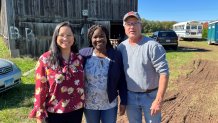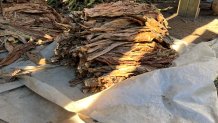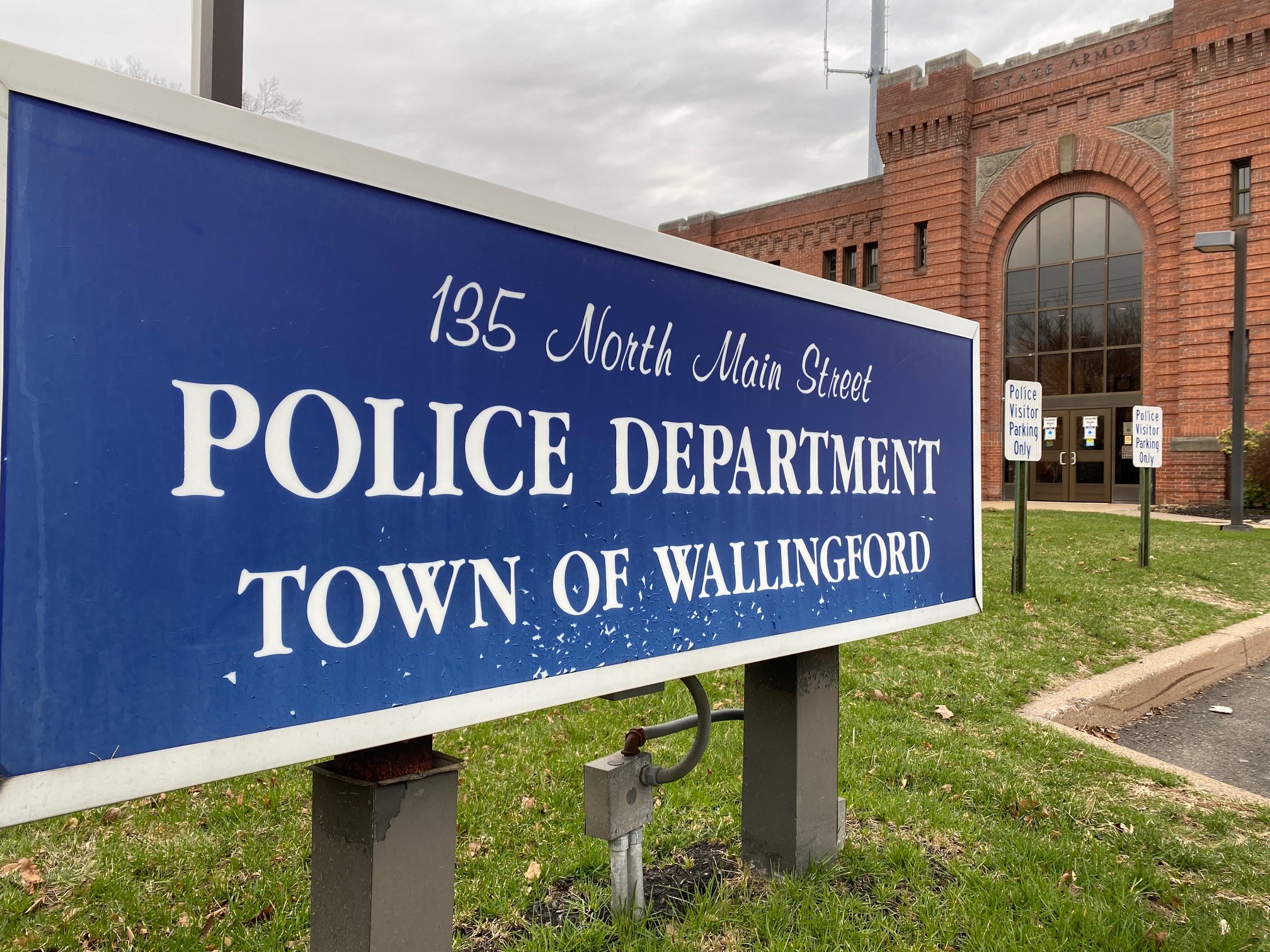“It’s a leaf. You put it inside the barn and then when it dries, you take it down, shred it and then you pack it,” farmer Irving Santana said.
Santana is a shade tobacco farmer at Jarmoc Farms in Enfield. He’s worked as a seasonal employee for 18 years, traveling back and forth from Puerto Rico. That is until he decided to settle down in New England.
“I got married, hooked up with my wife and we just decided to stay here, for a better life,” Santana said.
Between the late 1940s and 1970s, Connecticut saw an influx of migrant workers from Africa, the West Indies, Southeast Asia and Puerto Rico.
Get Connecticut local news, weather forecasts and entertainment stories to your inbox. Sign up for NBC Connecticut newsletters.
Historian Dr. Fiona Vernal said during World War ll, the U.S. Government was looking far and wide to replace vacant jobs on the tobacco farms that servicemen had left behind.
“The U.S. turned to the Puerto Rican government to try to set up bilateral labor agreements, and part of the reason they did that was because Puerto Rico has a tradition of growing tobacco,” Historian Dr. Fiona Vernal said.

Farmers would work all along the Connecticut River Valley, including in Windsor and Enfield.
Local
Historian Elena Marie Rosario said the U.S. was specifically recruiting men between the ages of 21 to 35 as seasonal workers.
“They specifically recruited men who were head of households and that was because they wanted people to come and make money and want to go back for their families,” Historian Elena Marie Rosario said.
Most men would travel back and forth to their families in Puerto Rico, but some decided to settle down in big cities across New England, like Hartford and Springfield, Mass.
But Vernal said as Puerto Ricans planned to make a new home, they faced discrimination in jobs, schools, housing and places of worship.
“That is very insulting to not be able to have services in the same part of the church and eventually that became a major piece of advocacy, to be able to have regular church services,” Vernal said.
Puerto Ricans started advocating for fair housing and more resources, including bilingual services in public houses.
“All of the resources that Puerto Rican activists made around ELL have been expanded to include anybody, whether you are from Bangladesh, or whether you are from Nepal,” Vernal said.

Rosario said the early Puerto Rican migrants laid the cultural and political foundation for future generations.
“Just thinking of Hartford, particularly having a Puerto Rican mayor, Puerto Rican superintendent, right now the secretary of education is a Puerto Rican from Connecticut, and all of that is part of the history,” Rosario said.
Vernal and Rosario are participating in two projects that explore how the Connecticut tobacco industry influenced diversity and the Civil Rights movement.
An exhibit that will be displayed in three locations in the summer 2023, and a film "Stepping Into the Shade" produced by Eastern Connecticut State University staff and students, will be released in winter 2023.
If you are connected to the history of Connecticut tobacco farming, you can contact the producers of "Stepping Into the Shade" here.



